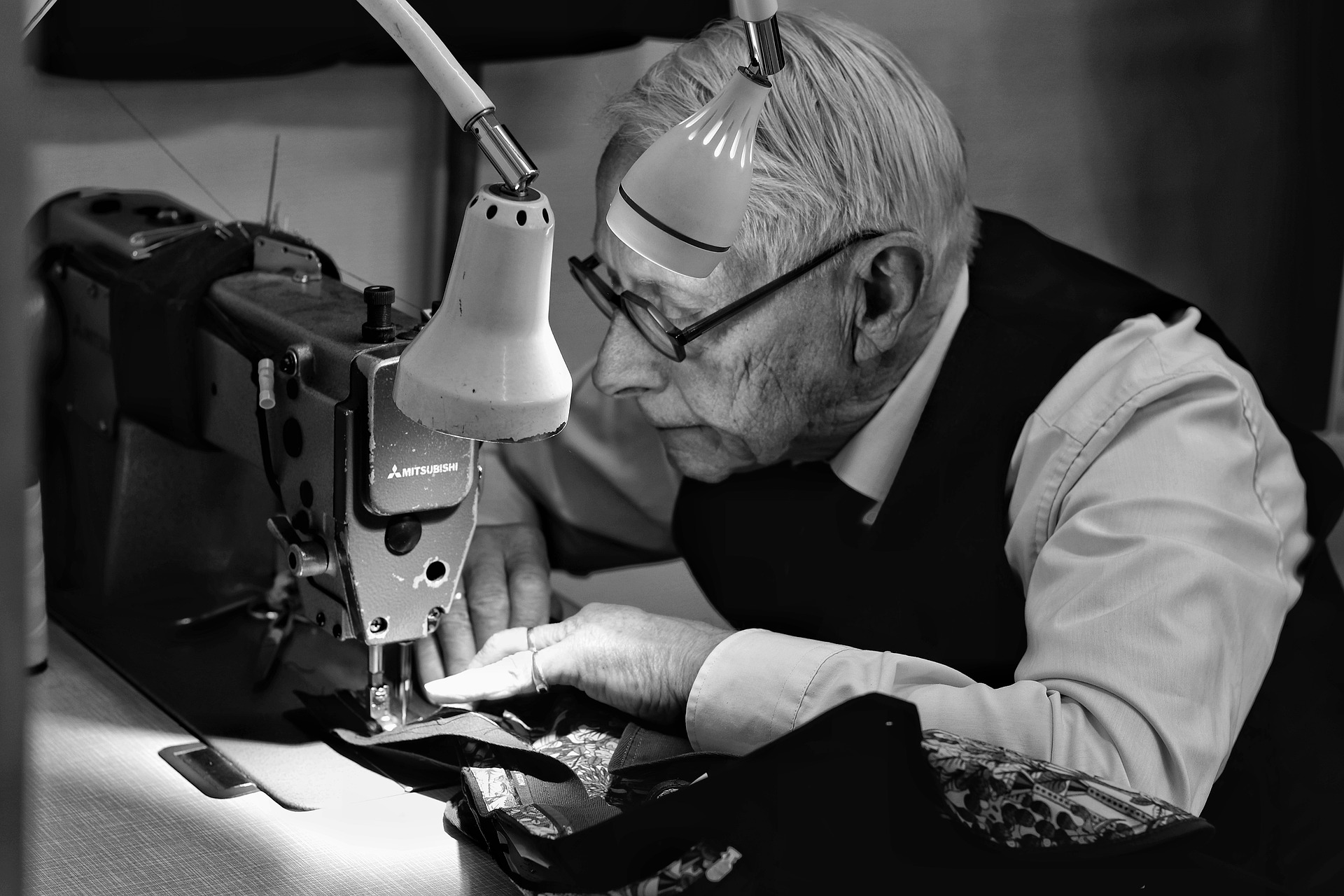What is ‘Flow’?
Have you ever been so engrossed in performing a certain activity that almost lost track of what’s happening in your immediate environment? You enjoyed the task so much that you became oblivious to everything else. You could be reading a book, stitching a napkin or watering your garden for quite some time before you realised how quickly time has passed.
Positive Psychology terms such a state as experiencing a ‘flow’. Flow is one of life’s highly enjoyable states of being, wrapping us entirely in the present, and helping us be more creative, productive, and happy. This state is referred by the millenials as ‘being in the zone’. Happy Ho organizes best Meditation and Tarot classes in Noida and Delhi NCR area in India.
The Flow state, perhaps, can be best described by one of the participants interviewed in the earliest stages of ‘Flow research’ by Csikszentmihalyi:
“My mind isn’t wandering. I am not thinking of something else. I am totally involved in what I am doing. My body feels good. I don’t seem to hear anything. The world seems to be cut off from me. I am less aware of myself and my problems.”
In his interview with the Wire magazine, Mihaly Csikszentmihalyi, the positive psychologist credited with coming up with the concept of ‘flow’, described it as –
“…being completely involved in an activity for its own sake. The ego falls away. Time flies. Every action, movement, and thought follows inevitably from the previous one, like playing jazz. Your whole being is involved, and you’re using your skills to the utmost.”
According to him, ‘flow’ can be thought of as –
“the holistic sensation that people feel when they act with total involvement.”
Csikszentmihalyi also believes that ten factors accompany the presence of flow. While most of these components may be present, it is not necessary to experience them all for flow to occur. Here are the ten factors –
- Clear goals that, while challenging, are still attainable
- Strong concentration and focused attention
- The activity is intrinsically rewarding
- Feelings of serenity; a loss of feelings of self-consciousness
- Timelessness; a distorted sense of time; feeling so focused on the present that you lose track of time passing
- Immediate feedback
- Knowing that the task is doable; a balance between skill level and the challenge presented
- Feelings of personal control over the situation and the outcome
- Lack of awareness of physical needs
- Complete focus on the activity itself
So how can you achieve flow? Csikszentmihalyi believes that flow occurs when a person has clear goals which require specific responses in order to be achieved. If you are trying to achieve a state of flow, it can help if:
- You have a specific goal and plan of action
- It is an activity that you are passionate about
- There is a component of challenge
- You are able to stretch your current skill level
“Flow also happens when a person’s skills are fully involved in overcoming a challenge that is just about manageable, so it acts as a magnet for learning new skills and increasing challenges,” Csíkszentmihályi explains. “If challenges are too low, one gets back to flow by increasing them. If challenges are too great, one can return to the flow state by learning new skills.”





